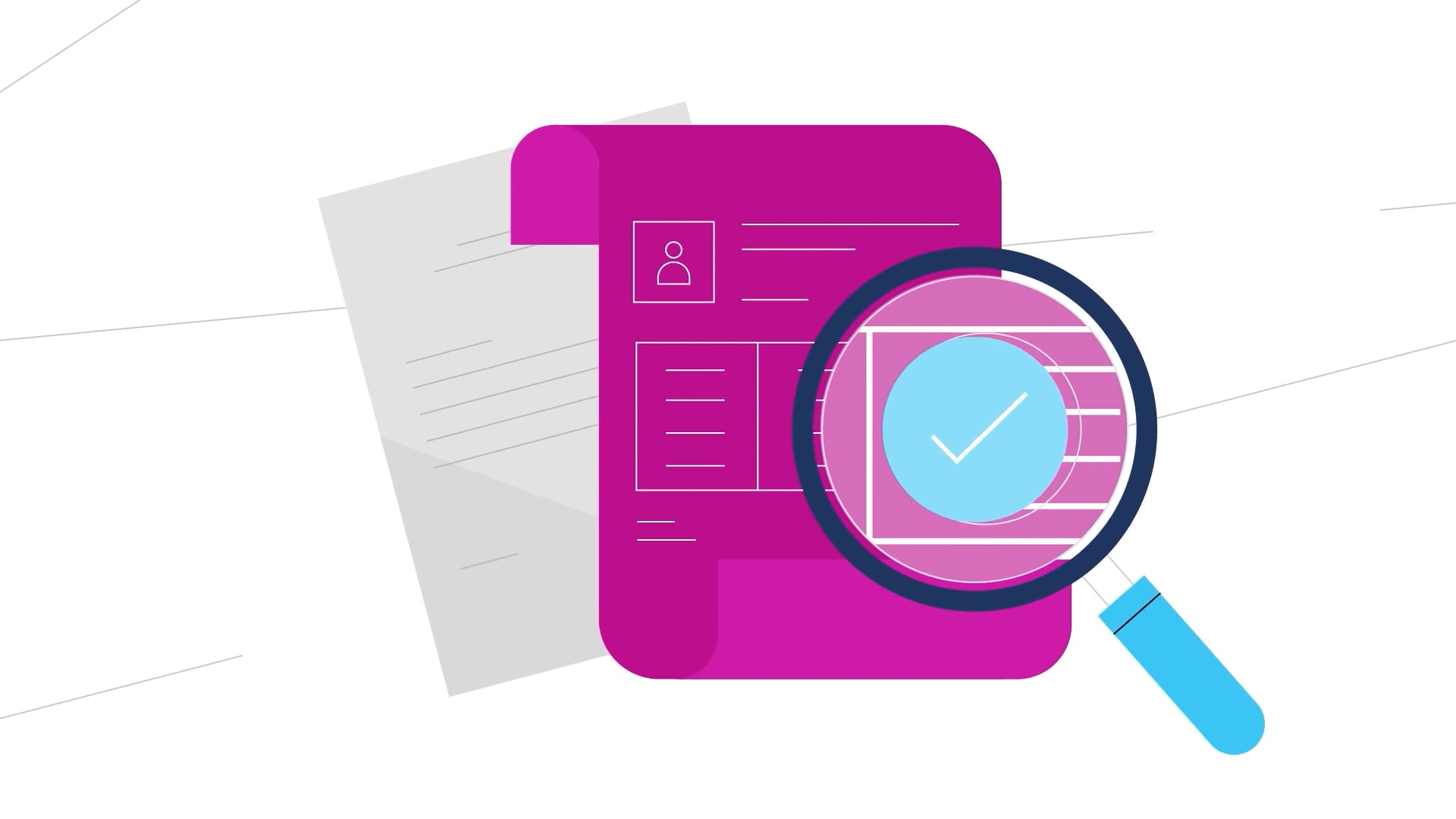Have you ever read a book only to reach the final chapter and feel utterly disappointed? Or left the cinema…
Read MoreYouTube’s New Move to Verify Authentic Video Content

As AI-generated content and advanced video editing tools become more prevalent, it’s becoming harder for viewers to tell the difference between authentic and manipulated media. YouTube, a platform built on user-generated content, is taking action to address growing concerns over content authenticity.
To tackle this issue, YouTube has introduced a new label that helps viewers easily identify videos captured with a real camera, featuring unaltered footage and sound. The goal is to build trust between creators and their audiences.
This label, called “Captured with a camera,” appears in the “How this content was made” section of the video description. It lets viewers know the footage they’re watching is genuine, recorded by the creator without any significant visual or audio edits.
Why Trust Matters Between Viewers and Creators
Viewers want to feel confident that the content they consume is authentic, especially in an era where deepfakes, AI-generated media, and sophisticated editing can create misleading or false visuals.
For creators, earning that trust is key to establishing a loyal audience. When viewers trust the authenticity of your content, they are more likely to engage with your videos, share them, and even make purchasing decisions based on your recommendations. In contrast, any hint of manipulation or dishonesty can quickly damage your credibility and your relationship with your audience.
YouTube’s “Captured with a camera” label offers a way to enhance this trust. By signaling that a video is unaltered, creators can demonstrate their commitment to transparency and integrity, ensuring that viewers know they’re seeing real, unmanipulated content.
How the Label Works
YouTube’s new label relies on technology designed to verify the origin of videos. It uses the C2PA standard (Coalition for Content Provenance and Authenticity), an open standard that ensures media authenticity by attaching metadata from compatible devices or software. This metadata confirms the video hasn’t been manipulated.
For a video to display the “Captured with a camera” label, creators must use cameras, software, or apps that support C2PA version 2.1 or higher. The label only applies if the video remains unedited in terms of both visuals and sound, ensuring viewers see the footage exactly as it was recorded.
What This Means for Creators
Creators need to take extra care during production and editing to ensure their videos qualify for the new label. Any significant changes to the video’s content can interfere with the verification process, preventing the label from appearing. Moreover, if the video passes through platforms or apps that don’t support C2PA, its authenticity verification may be lost.
Although this technology is still developing, YouTube’s initiative is a significant step toward greater transparency in an era where synthetic content and deepfakes are increasingly common.
A Broader Effort to Combat Synthetic Content
This new label builds on YouTube’s existing efforts to address synthetic media. Earlier this year, YouTube introduced a label requiring creators to disclose when videos are generated or manipulated using AI. This was in response to concerns over the rising use of deepfakes and other forms of synthetic media.
Other platforms are also taking steps to ensure content authenticity. Adobe uses the C2PA standard to identify AI-generated content, and Meta has introduced an “AI Info” tag on Facebook and Instagram for AI-related content.
YouTube’s “Captured with a camera” label is a small but important move toward maintaining content authenticity. As technology advances, tools like this will help viewers trust the content they watch.
Looking to Create Authentic Videos?
If you’re ready to build trust with your audience through authentic video content, we’d love to help. Download our free Punchy Starter Pack to get started, or get in touch to chat about how we can bring your vision to life.




